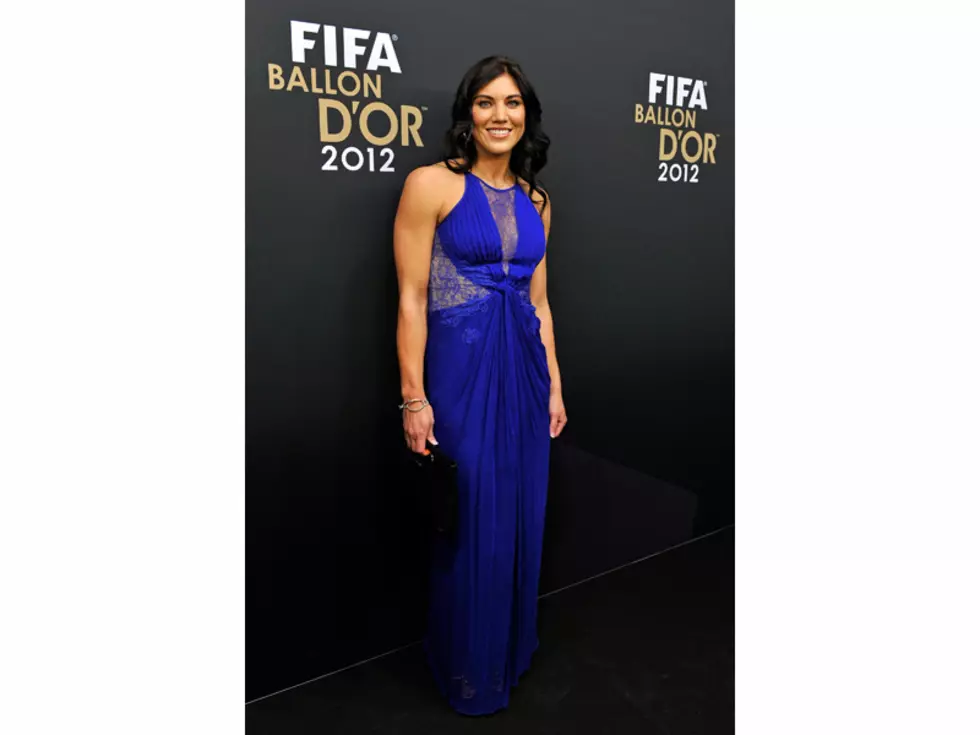
Against All Odds: On Being a World Cup Team USA Fan
As Americans, we have a slight tendency toward hyperbole when it comes to our placing in the world. We’ve come a long way from staunch isolationism, but we err toward the side of not having a passport and limiting our lingual abilities to regional dialects. Granted, thanks to Manifest Destiny and Napoleon having a fire sale on land, we have a giant country, sea to shining sea, plus Alaska and Hawaii. But one big country does not a world make. Nowhere does our jovial, yet nonsensical, nationalism shine brighter than in the world of sport. We claim world champions of World Series when entire continents have never heard of Derek Jeter and think Babe Ruth was a candy bar baron. The Super Bowl is broadcast to all corners of the globe, yet all the countries in the world couldn’t put together one starting lineup tomorrow that wouldn’t get seriously hurt against the NFL’s practice squads.
Thus the contentious standing of soccer in American sport: baseball and football (American) may have borrowed from cricket, rounders, and rugby, but we tweaked, added and subtracted to create two original and inherently American sports. In a country with comparably little history and a 19th-century inferiority complex toward Europe, it’s not surprising that we made our own rules, manifested our own athletic destiny, if you will. Americans don’t like to lose. We don’t even like to barely win. We like crushing victories, Sherman’s march to the sea, Patton sweeping across North Africa, the Dream Team’s killing everyone in the Barcelona Olympics while still drunk from the night before. We’ve historically focused our attention on an Americo-centric athletic world where we dominate the playing field.
Yet in recent years the world seems to be beating us at our own game. Like Vietnam souring the taste of war, recent Olympics and the new World Baseball Classic have hit us where it hurts. The dunking, cursing, home-run hitting, spitting Americans have been embarrassed by the Japanese and the Argentines through fundamentals and teamwork. Yes, we reclaimed our basketball gold in Beijing, but something is lacking from a victory when you’re supposed to win. There was no ticker tape parade after we invaded Grenada.
American soccer is a different story. It’s long been the bastion of suburban moms, minivans and orange slices. It’s what you played before moving on to baseball, surfing or marijuana. But times have changed, and Americans occupy legit first-string roles in top leagues around Europe. Granted, we don’t have superstars, no one player that transcends the game the way Portugal, Brazil or Italy does. Most of those American athletes still head off to play quarterback or point guard. Yet this is exactly what is appealing about soccer in 21st century America. We’re the underdogs that, through teamwork, hustle, determination and other clichés, can pull off the upset and beat the world at its own game. No, it’s not our game, but soccer is malleable, played different all over the world. The Brazilians move with a sublime fluidity, the Italians value passion over all, the Germans with stereotypical precision passing and technique. We can claim our own game within the sport. It just so happens our game is more Rocky than Apollo Creed at the moment. But who doesn’t like an underdog?
The U.S. enters the 2010 World Cup in South Africa with 66-1 odds of winning the whole thing. Steep to say the least. Regardless of any American outcome, the World Cup itself is the ultimate sporting event of our time. The Olympics have devolved into an international steroid symposium filled with games easily mastered on MDMA. We won’t even talk about the Winter version. The World Cup is a true global competition lasting more than three years with every team from England to Vanuatu getting a shot at making the finals. It’s a cartographer’s dream, a sporting version of Risk. Qualifying games in Antananarivo, Tehran, Pyongyang and Auckland all lead to sparkling new stadiums on the shores of the Cape of Good Hope, in the shadows of great whites. LeBron may be the reigning king of his sport, but Cleveland’s Quicken Loans Arena doesn’t quite have the pull of Estadio Azteca in Mexico City.
Call in sick from work, embrace the time difference and pull for America’s first victory over England in 60 years. But perhaps more important, ponder what exactly the North Korean squad is doing on their off days.
(This article originally appeared in the Summer 2010 issue of ANTENNA.)
More From Antenna Mag









